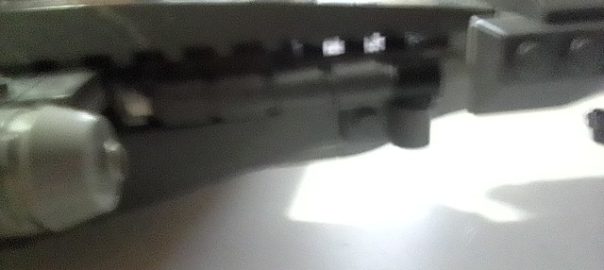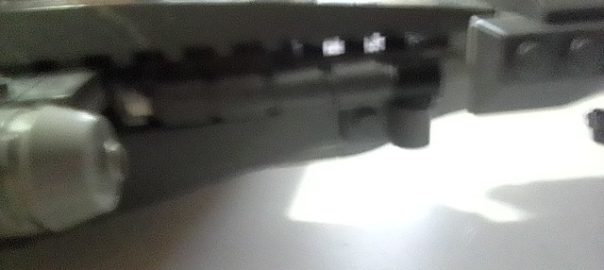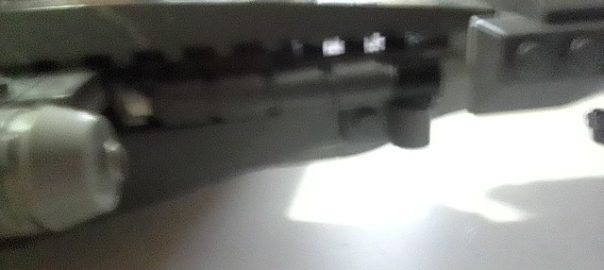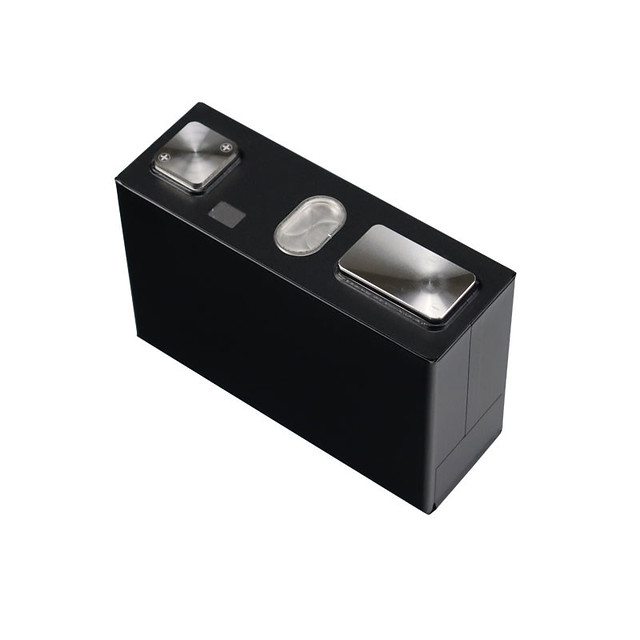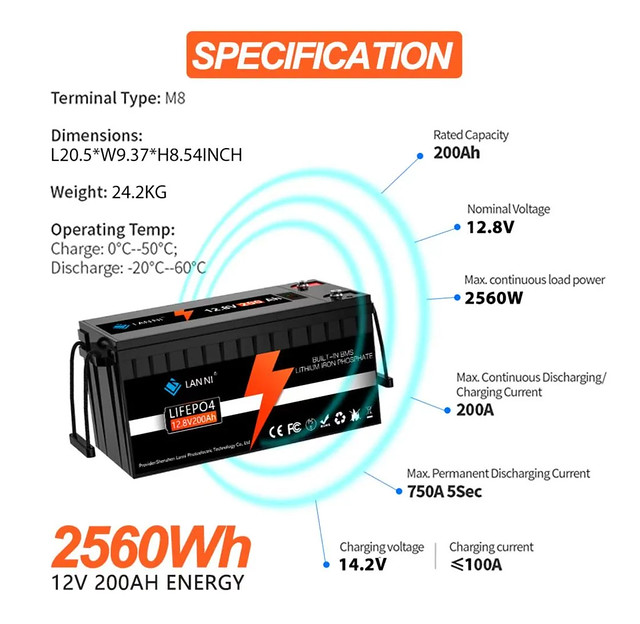Commercial Power System: A Revolution in Energy Distribution
In today’s fast-paced business environment, having a reliable and efficient energy supp Commercial Power System ly is crucial for any company. Enter the Commercial Power System, a cutting-edge technology that has revolutionized the way businesses manage their energy needs. This article will explore the manufacturing process, characteristics, advantages, usage methods, tips for selecting this product, and conclude with why it is the best choice for commercial energy systems.
Manufacturing Process:
The Commercial Power System relies on advanced technology and sustainable materials to ensure its production aligns with modern environmental standards.

One of its key components is the lithium iron phosphate battery – known as the Commercial Power System best lithium battery available in terms of longevity and performance. This battery is manufactured using high-quality raw materials sourced from responsible suppliers.
Characteristics:
One standout characteristic of this system is its compatibility with Mercantile Power Distribution infrastructure. By integrating seamlessly into existing retail energy infrastructure grids, businesses can easily connect to the system without significant modifications or interruptions. Furthermore, it operates silently and emits no harmful gases or pollutants during operation – making it an eco-friendly solution.
Advantages:
The advantages of utilizing the Commercial Power System are numerous. Firstly, businesses no longer need to rely solely on Mercantile Power Distribution traditional power sources such as fossil fuels which are not only expensive but also contribute significantly to carbon emissions. Switching to renewable solar Lithium Battery power offers long-term cost savings while supporting sustainability goals.
Additionally,the system’s ability to the best lithium battery store excess energy generated during non-peak hours helps companies reduce their electricity bills by utilizing stored power when demand surges or grid prices increase.Furthermore,it provides uninterrupted power backup during outages ensuring business continuity,resulting in increased productivity,stability,and customer satisfaction.
Usage Methods:
Implementing this system within a commercial setting requires careful planning and installation considerations.Based on spe Commercial Power System cific facility requirements,the number of batteries needed should be calculated.Collaborating with professional installers who possess extensive knowledge in the field is strongly recommended.Once installed,the system can be easily managed through user-friendly interfaces that allow for monitoring and adjusting energy consumption levels.
Tips Solar Lithium Battery for Selecting the Best Commercial Power System:
When selecting a commercial power system, several key factors should be considered. Firstly, Commercial Energy System understanding the specific energy requirements of your business is crucial to ensure you invest in an adequately sized system. Next, thoroughly research reputable suppliers who offer reliable customer support and warranties. Lastly, consider future scalability options as your business grows to avoid limitations on energy supply.
In conclusion, the Commercial Power System represents a groundbreaking advancement in commercial energy systems. Its manufacturing process relies on sustainable materials like lithium Lithium iron phosphate battery iron phosphate batteries – known for their exceptional quality and durability. With compatibility with Mercantile Power Distribution infrastructure and its advantages including cost savings and uninterrupted power backup – this syste Retail Energy Infrastructure m offers businesses unparalleled efficiency and reliability in fulfilling their energy needs. By carefully considering usage methods and following our tips for selection, companies can embrace this technology confidently as they strive towards sustainability while also enhancing their bottom line.




